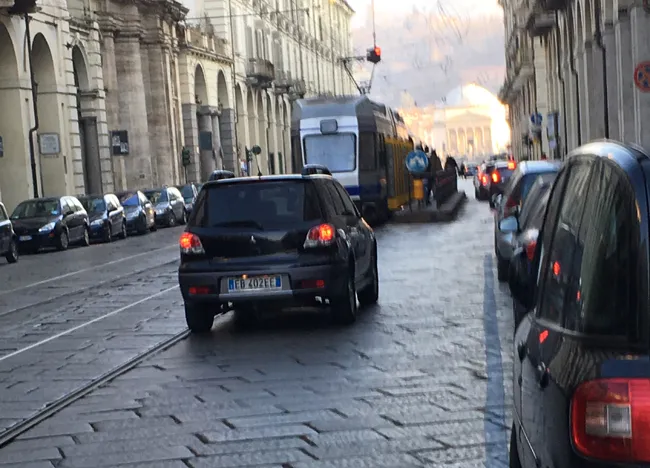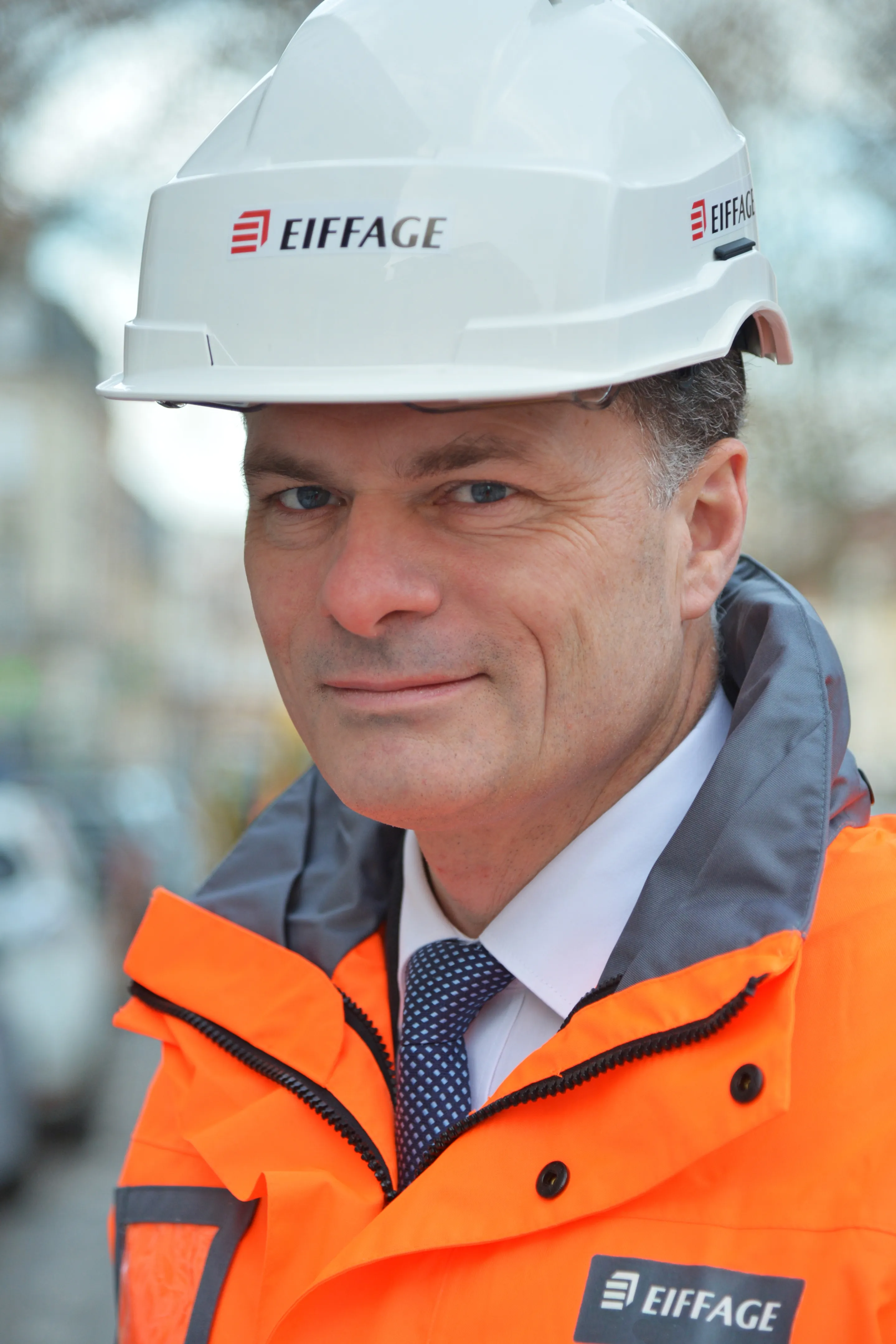
What kinds of mobility solutions will come to the fore in the next decade? More importantly, how will existing roads integrate these solutions? These and other questions were examined during the second
The day’s topic – how to speed up and integrate various mobility solutions into the future highway - was chosen as a direct consequence of a benchmark study that the ERF recently initiated. The study was done in cooperation with Routes de France (the central French organisation for regional associations focusing on mobility and infrastructure), FIEC (the Brussels-based European Construction Industry Federation) and PIARC (the World Road Association based in Paris).
The goal for all organisations was to identify projects, innovations and trends globally and then stimulate communication among them. The desire is to avoid the so-called silo effect whereby people operate in their own small spheres without knowing about developments in other countries and regions.
The first presentation was delivered by Simon Gianordoli, of ERF/Routes de France, who explained the principles, objectives and topics addressed by the study. The first results will be presented during PIARC’s World Road Congress in Abu Dhabi, October 6-10.
The second speaker, Carsten Horn-Hannsen (Transport Counselor at the Norwegian Mission to the European Union) presented Norway’s experience with the increasing use of electric vehicles which has contributed significantly to the reduction of noxious emissions in that Scandinavian country. There is also a matching political strategy of giving fiscal and economic incentives to use the vehicles.
The third presentation, delivered by Robert Evans, chief executive of CENEX, the UK’s Centre of Excellence for Low Carbon and Fuel Cell technologies. He addressed the varying trends and emerging themes related to electric vehicle charging and described the evolution of the charging infrastructure in UK. Importantly, he noted the importance of interoperability and business models to foster deployment of EV charging.
Hydrogen, too, can be an important enabler of zero emission mobility, explained Jorgo Chatzimarkakis, secretary general of Hydrogen Europe (the European Hydrogen and Fuel Cell Association) which represents more than 100 hydrogen companies, nearly 70 research organisations and 13 national hydrogen associations. Chatzimarkakis outlined the main hydrogen roadmap for Europe, with related deployment agenda and the advantages of hydrogen solutions for decarbonised mobility. He also insisted on the necessary requirements for a future deployment of the related infrastructure in terms of quantity and investments, with the necessity of political commitment at European level.
Patrick Akerman, head of business development for eHighway within Siemens’ mobility division, explained the company’s pilot project in Germany for catenary electrification – overhead wires - for heavy truck corridors.
Finally, Steve Phillips, secretary-general of CEDR - Conference of European Directors of Roads - presented the point of view held by road authorities regarding mobility. He underlined the challenges of maintaining an ageing infrastructure while at the same time improving connectivity, introducing digitisation, mitigating the effects of climate change and boosting resilience of the physical asset. However, the biggest challenge, he said, is time itself.
A lively debate took place where attendees posed questions to a panel consisting of the day’s presenters.
Regular events such as the ERF LAB series highlight the necessity of cooperation between all the stakeholders within road mobility to bring as many solutions as possible for reducing the emission levels of road transport and provide smart and innovative mobility to all road users and citizens. Within this in mind, readers should seriously consider attending the 3rd edition of the ERF LAB to be held in Brussels at the end of the year.
*The ERF LAB series has been inspired by the AEC LAB events that the Spanish Road Association (Asociación Española de la Carretera) has been organising over the past two years. The events gather experts and specialists in transport, urban planning, mobility and artificial intelligence, as well as major service providers and representatives from private and public sectors - some of them not directly involved in road infrastructure businesses.
The first edition of the ERF LAB took place in December and addressed the two topics Connecting the road infrastructure’ and ‘Ecosystems for better mobility’. More information about the ERF LAB series is available at: %$Linker:







